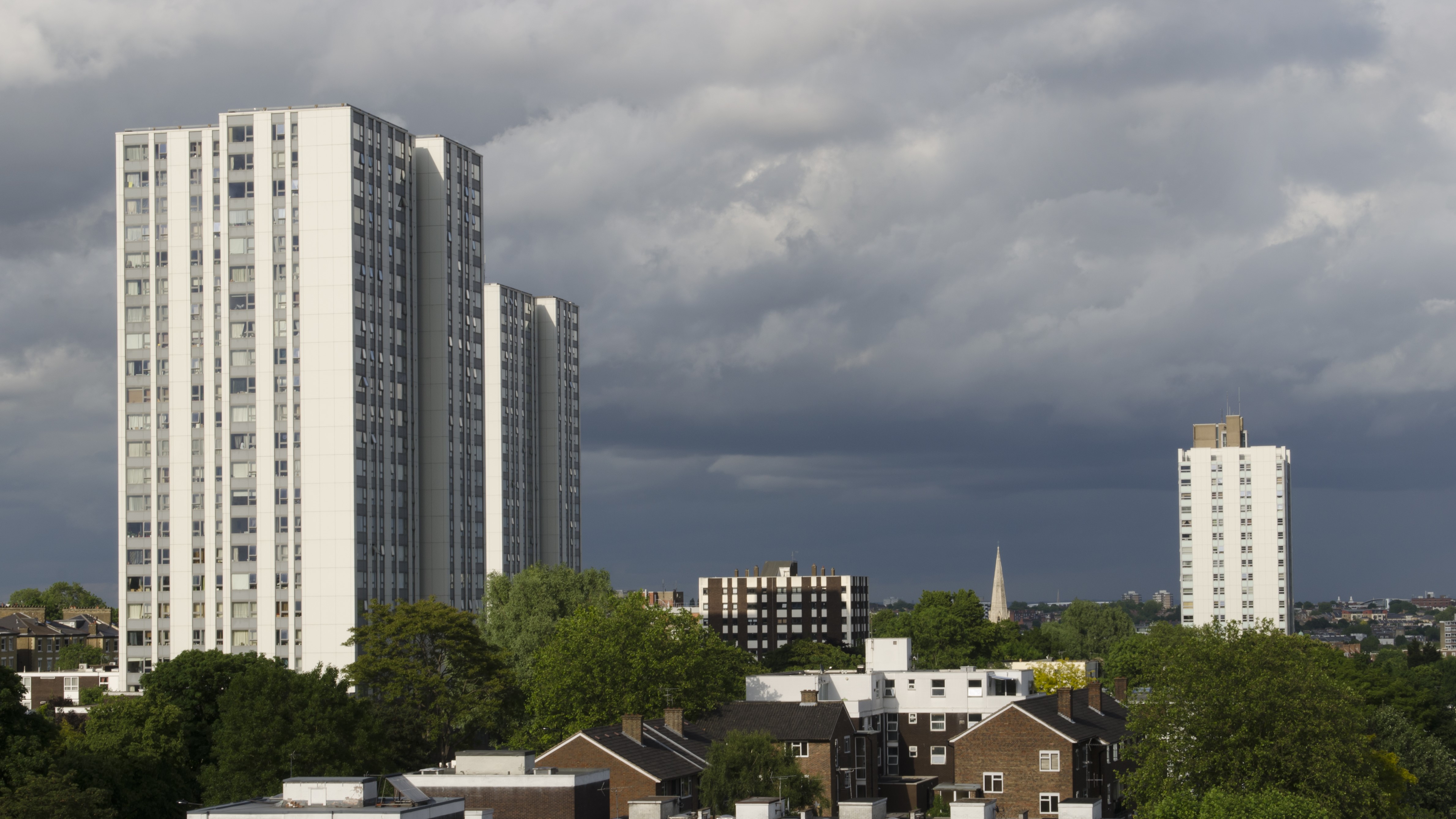
The UK government has recently proposed new amendments to the Building Safety Bill, which were discussed and largely approved by the Lords on 4 April.
New power allows service of remediation orders
Among these amendments, the bill contains provisions to make remediation orders, or remediation contribution orders. These orders may be issued by the First-tier Tribunal on application of interested parties, which can include the Health and Safety Executive (HSE), local authorities, fire and rescue authorities, people with legal or equitable interests in the relevant buildings, or prescribed persons.
Orders would be served on landlords and associated bodies – such as managing agents – to remedy relevant defects in a relevant building, for whose repair and maintenance they are responsible. Under this provision, a relevant building means a self-contained property, or part of it, containing at least two dwellings, which is at least 11m in height and has at least five storeys.
Relevant defects meanwhile are classified as anything done, or not done, or anything used, or not used, in connection with the construction or conversion of a relevant building that causes a building safety risk. The works in question must have been completed within 30 years of the commencement of this provision.
Manufacturers face liability for faulty construction products
Under the latest amendments, the secretary of state would be able to make cost contribution orders against construction product companies.
Such orders could be made against economic operators, a term which covers manufacturers, authorised representatives, importers and distributors. They would be forced to contribute towards the cost of remediation works when the use of their products has caused or contributed to dwellings being unfit for habitation.
The secretary of state would be able to issue a cost contribution order after the successful prosecution of an economic operator for non-compliance with the Construction Products Regulation.
An independent person will be appointed by the secretary of state to inspect a residential building where the offending product has been used. That person will determine whether the building is unfit for habitation, and the degree to which this is a result of the product being used. They will also consider the necessary remediation works, their cost, and the amount that the economic operator should contribute.
Additional clauses have also been proposed, which would introduce a legal mechanism allowing claims for compensation against manufacturers of defective or mis-sold construction products. The proposal would enable anyone with a legal or equitable interest in a dwelling to bring a civil claim against a manufacturer or sellers who are directly responsible for a product used in the original construction that causes or contributes to the dwelling being unfit for habitation. The cause of action will apply retrospectively.
Schedule apportions responsibility for remediation costs
A proposed schedule to the bill contains protections for leaseholders relating to certain remediation costs, and imposes corresponding liabilities on landlords of relevant buildings.
This schedule would ensure that a tenant under a qualifying lease would not be required to pay a service charge for remediating a relevant defect where the landlord or associated person is responsible for that defect. No service charge would be payable under a qualifying lease in respect of cladding remediation, or for legal or professional services relating to liability for relevant defects.
The most recent government proposals also amend the definition of qualifying lease to provide greater protection for leaseholders. It is defined as a long lease, for a term of 21 years or more, on a single dwelling in a relevant building, where the tenant is liable to pay a service charge.
The proposed schedule would cap the amounts that can be charged to leaseholders where landlords do not have the means to pay for any remaining non-cladding defects. But there is a divergence between the proposal of a fixed cap of £15,000 for Greater London and £10,000 elsewhere – as iterated in a recent factsheet – and the current wording of the bill, which has a cap of zero.
If the qualifying lease is at least £1m in value but does not exceed £2m, then the permitted maximum is £50,000. If the qualifying lease is more than £2m in value, then the permitted maximum is £100,000. These maximum figures will include interim costs paid by a tenant, such as paying for waking watch patrols, in the five years before commencement of the relevant provision.
There will be no costs for leasehold properties valued less than £325,000 in Greater London or £175,000 elsewhere. There will also be no service charge payable for each building to which the legislation applies if the landlord group's net worth was more than £2m at 14 February 2022, per relevant building.
The repayment period for applicable charges has been extended from five years to ten years. Provisions are also included to ensure that leaseholders could not be charged more than 10% of the permitted maximum each year.
'A proposed schedule to the bill contains protections for leaseholders relating to certain remediation costs, and imposes corresponding liabilities on landlords of relevant buildings'
Requirement for safety manager and assessment authority removed
The proposals remove the clauses placing a duty on the principal accountable person to appoint a building safety manager. Following consultation, it was deemed that the appointment of a building safety manager would place an unnecessary and costly burden on leaseholders.
The responsibility for meeting safety obligations under the bill will remain with the accountable person or persons, but this change will allow them to make arrangements in a way that is most appropriate for their building and residents.
Similarly, the proposal to establish a fire risk assessment authority (FRAA), which was introduced at committee stage, has not been included in the most recent version of the bill.
The FRAA would, if it had determined that a building or any part of it posed a serious fire risk and that lives may be endangered, have issued a notice requiring remediation or levelled a fine.
Sanction proposed on certain developers and manufacturers
A proposal has been made that would allow the secretary of state, by way of regulations, to prohibit a 'person of a prescribed description' from carrying out development in England, as defined by the Town and Country Planning Act 1990, or to impose building control prohibitions.
The aim of doing so would be to secure the safety of people in or about buildings in relation to risks arising from buildings, or to improve the standard of construction. The prohibition would supersede existing planning permissions.
The proposed amendments do not define the term 'person of a prescribed description', however. It may be that this class is left deliberately wide so it can be used as a means of forcing contributions to the government's £4bn fund for repairing or replacing dangerous cladding. At the time of writing, though, there is a suggestion the government's negotiations with developers mean that these contributions will not be required.
Proposals emphasise leaseholder protection
Fundamentally, the Building Safety Bill provides additional protection to leaseholders – not just from fire risks but also from the financial burden of remedying defects.
These proposed amendments extend the range of buildings that may be affected and expand the class of those who can be forced to remediate defects or pay for works to be completed.
Those involved in property management therefore need to ensure that they are aware of their potential obligations under any remediation orders, and that they have a clear paper trail of any advice provided to their freeholder employers about their obligations.
Alexandra Anderson is a partner at Reynolds Porter Chamberlain
Contact Alexandra: Email
Charles Underwood is a trainee solicitor at Reynolds Porter Chamberlain
Contact Charles: Email
Related competencies include: Fire safety, Legal/regulatory compliance, Risk management

